Seafood plays an important role in our food systems contributing significantly to food and nutrition security and livelihoods. The COVID-19 pandemic and subsequent lockdowns are creating health and economic crises, that threaten food and nutrition security. The food system has been seriously disrupted at multiple levels across supply chains. Studying these impacts and vulnerabilities in our food system is essential to build resilience to future shocks.
In this seminar we will explore the scope of recent disruptions, impacts and range of responses across the seafood system.
The event will start with a presentation on Covid-19 impacts on the seafood value chain given by Dave Love at Johns Hopkins Center for a Livable Future. This will be followed by a discussion of the topic by a panel including Ben Belton, Sarah Benhamo, Jingjie Chu, Jessica Fanzo and Sarah Lindley Smith. The seminar will be co-hosted by Dave Little (Institute of Aquaculture) and Dave Love (Johns Hopkins Center for a Livable Future), with concluding remarks from Andrew Thorne Lyman. During the seminar live questions will also be answered by Joshua Stoll.
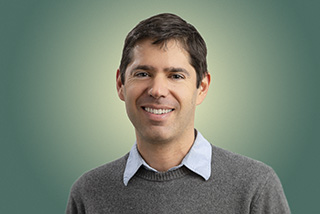
Dave Love
Associate Scientist, Seafood, Public Health and Food Systems Project, Johns Hopkins Center for a Livable Future
Dave’s work focuses on aquaculture and fisheries and the environmental, social, health and food system issues and engages in a wide range of food related topics including food waste, veterinary drugs and drug residues in foods, antimicrobial resistance and community health. Dave founded a research and teaching farm in 2012, called the Food and System Lab, where students of all ages can learn about urban agriculture. The Food System Lab is a member of the Farm Alliance of Baltimore and sells produce at the Waverly Farmers market. Prior to joining Johns Hopkins, Dave worked at the interface between engineering and microbiology in the Department of Civil and Environmental Engineering at the University of California Berkeley.
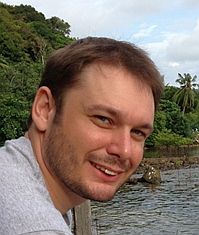
Ben Belton
Senior Scientist, WorldFish and Associate Professor, Department of Agricultural, Food and Resource Economics, Michigan State University
Ben is a rural sociologist whose work focuses on the political economy and political ecology of aquaculture and capture fisheries development agricultural value chains, food and nutrition security, agrarian change, poverty and social well-being. Ben leads the research for the Food Security Policy Project, a five year project funded by USAID and LIFT. Prior to joining Michigan State University, Ben worked for WorldFish in Bangladesh. Ben is also a senior scientist, value chain and nutrition for WorldFish.
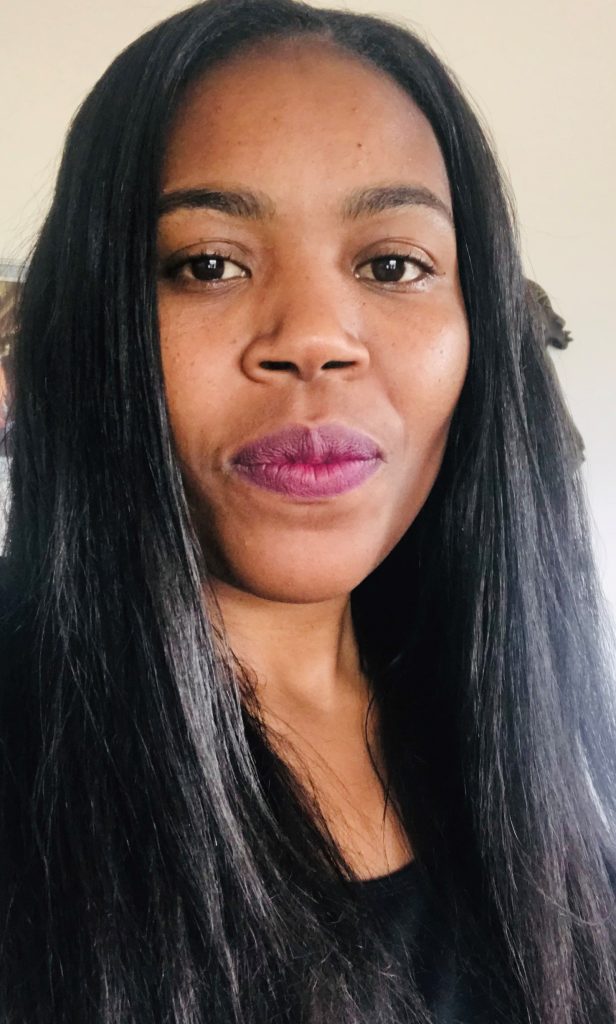
Sarah Benhamo
Deputy Commercial Director, Victory Farms, Kenya
Sarah has over ten years experience in sales marketing and brand management with a focus on the hospitality sector. She has worked on some of Kenya’s leading brands including Artcaffe and Caramel Restaurant.
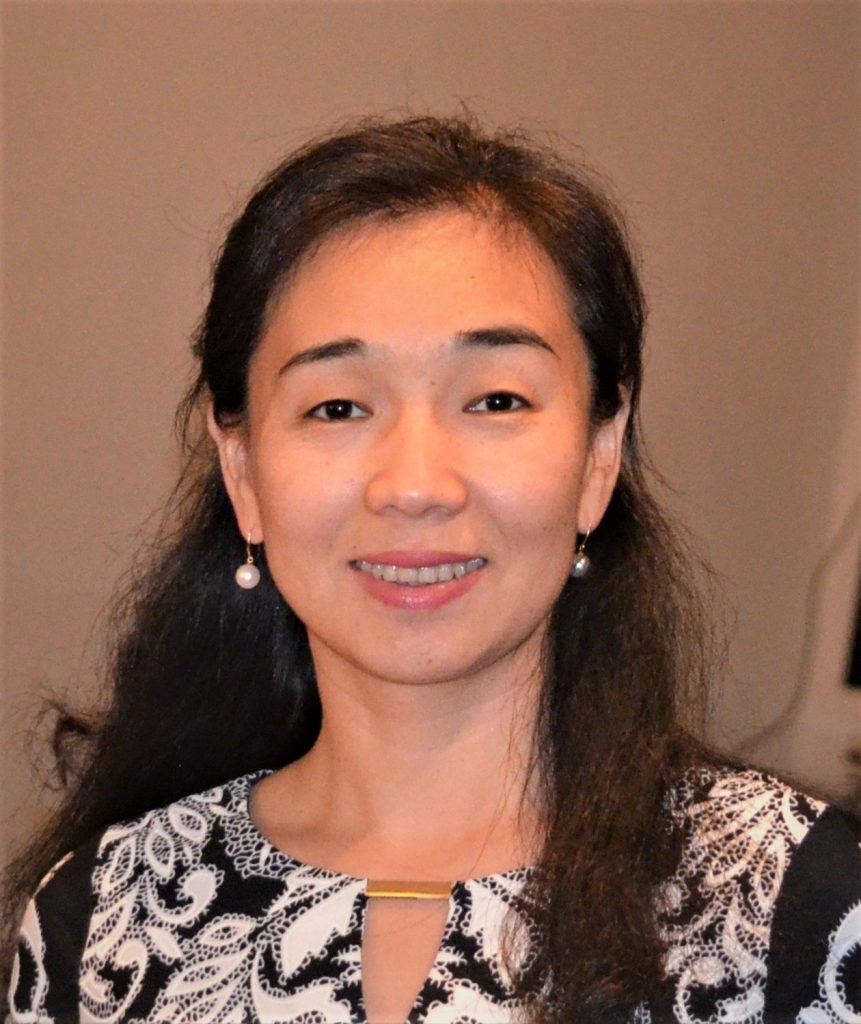
Jingjie Chu
Senior Natural Resource Economist, Global Program on Fisheries and Aquaculture at the Worldbank
Jingjie is a Senior Natural Resource Economist in the World Bank’s Environment, Natural Resources, and Blue Economy – East Asia Region. She joined the Bank in 2009 as a Young Professional and has worked in Africa and East Asia on projects related to natural resources management (mainly on fisheries, aquaculture, and biodiversity), disaster risk management and impact assessment. In addition to project management, she has provided economic expertise and practitioner experience to various evaluation tools, including the triple bottom sustainability (environmental, social and economic) assessment for fishery management, called Fishery Performance Indicators (FPIs), and recently on the Monitoring, Surveillance and Evaluation (MCS) assessment tool for fishery project design. She received her Ph.D. in Environmental and Natural Resource Economics from University of Rhode Island in 2009 and M.S. in Environmental Economics and Policy from Peking University, China in 2004.
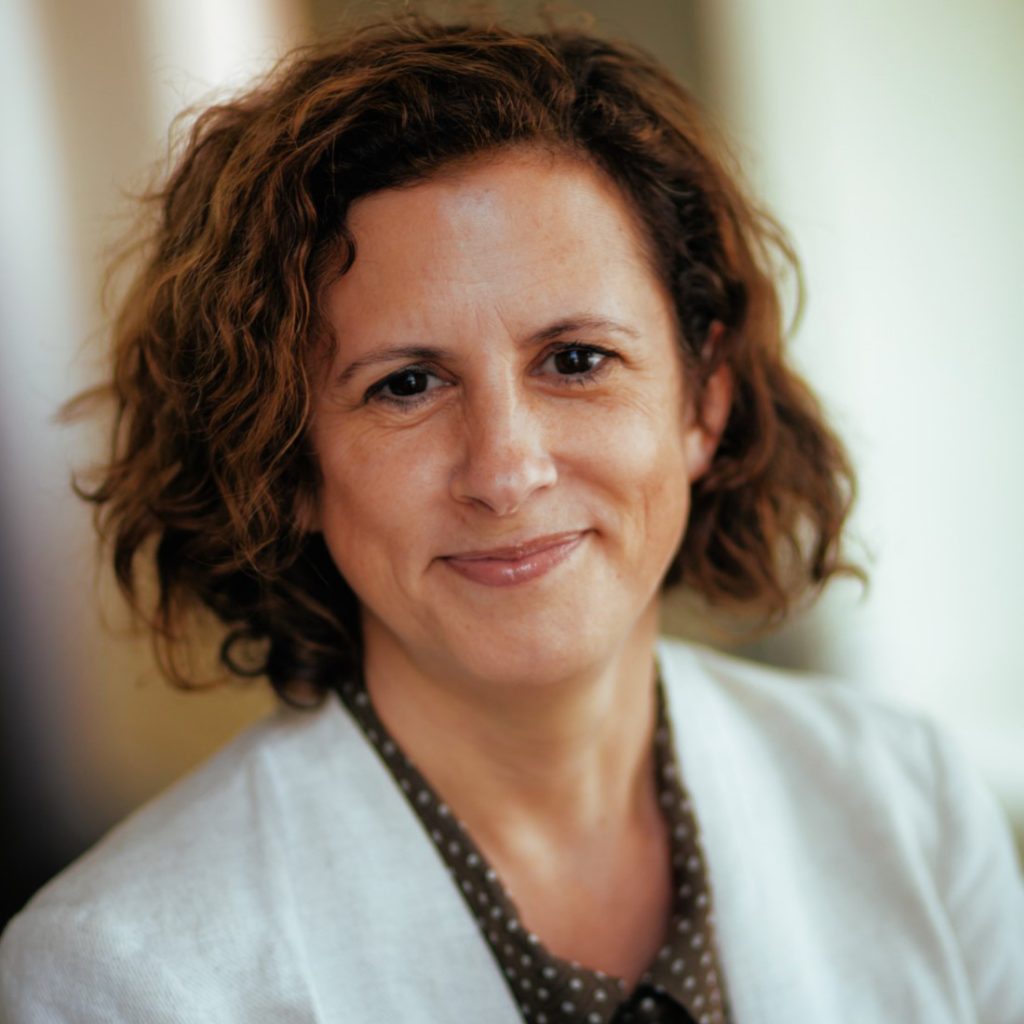
Jessica Fanzo
Bloomberg Distinguished Professor of Global Food and Agricultural Policy and Ethics, Berman Institute of Bioethics, the Bloomberg School of Public Health, and the Nitze School of Advanced International Studies (SAIS) at the Johns Hopkins University
Jessica Fanzo, PhD also serves as the Director of Hopkins’ Global Food Policy and Ethics Program, and as Director of Food & Nutrition Security at Hopkins’ Alliance for a Healthier World. She is the Editor-in-Chief for the Global Food Security Journal and leads on the development of the Food Systems Dashboard, in collaboration with GAIN. From 2017 to 2021, Jessica served on the Food Systems Economic Commission, the Expert Panel for the Cornell Atkinson Center’s Socio-Technical Innovation Bundles for Agri-Food Systems Transformation report, the Global Panel of Agriculture and Food Systems for Nutrition Foresight 2.0 report, and the EAT-Lancet Commission. She was also the Co-Chair of the Global Nutrition Report and Team Leader for the UN High-Level Panel of Experts on Food Systems and Nutrition. Before coming to Hopkins, she has also held positions at Columbia University, the Earth Institute, Food and Agriculture Organization of the United Nations, the UN World Food Programme, Bioversity International, and the Millennium Development Goal Centre at the World Agroforestry Center in Kenya. Jessica has a PhD in nutrition from the University of Arizona.
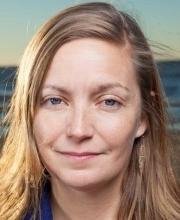
Sarah Lindley Smith
Postdoctoral Research Associate, Department of Human Ecology, Rutgers University
Sarah is a fisheries social scientist and marine and coastal policy professional with extensive experience in the non-profit, academic, and government sectors conducting research and developing policy related to fisheries and marine conservation.
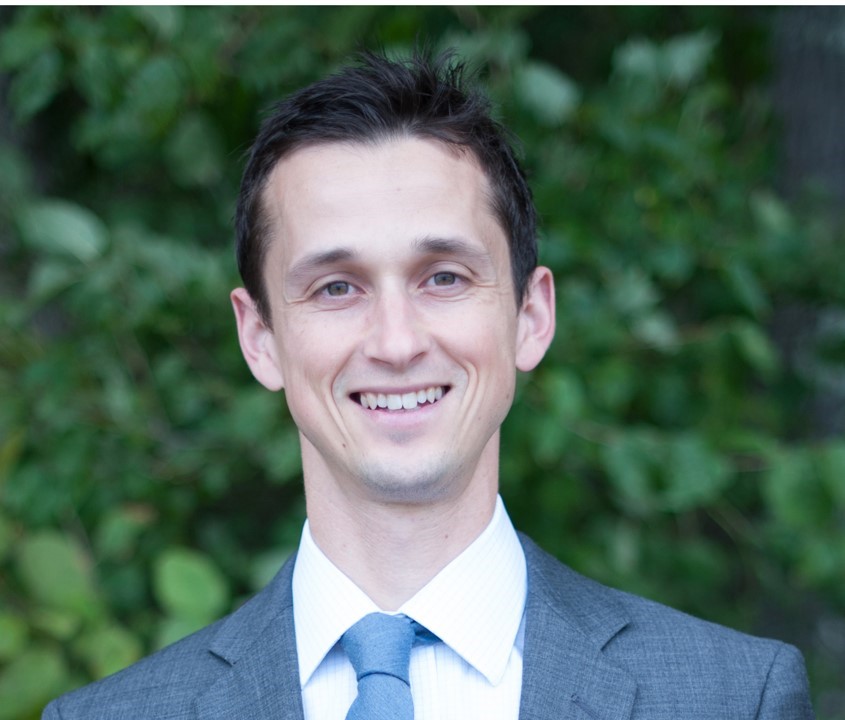
Joshua Stoll
Assistant Professor or Marine Policy, School of Marine Sciences, University of Maine
Joshua is an assistant professor in the School of Marine Sciences at the University of Maine. His research focuses on questions about coastal community resilience, ocean governance, and fisheries policy. Joshua is the co-founder of the Local Catch Network and has been working to elevate the role of seafood in local and regional food systems for more than a decade. He holds a B.A. in Environmental Studies from Bates College, a Masters in Coastal Environmental Management from Duke University, and a PhD in Ecology and Environmental Sciences from the University of Maine. Prior to returning to Maine, he was an early career research fellow in the Global Economic Dynamics and the Biosphere Program at the Royal Swedish Academy of Sciences in Sweden.
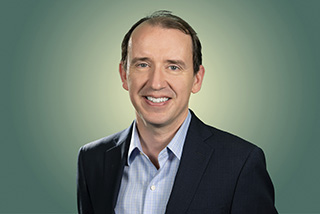
Andrew Thorne-Lyman
Affiliated Faculty, Johns Hopkins Center for a Livable Future
Andrew is an expert in human nutrition, including in the context of seafood consumption. Prior to joining Johns Hopkins Center for a Livable Future, Andrew was a senior nutrition specialist and team leader at the Worldfish center (Malaysia), a lecturer at the Harvard T.H. Chan School of Public Health and a director of nutrition research at the Earth Institute, Columbia University.